Britain’s cherished customs are rapidly fading into the past as modernity sweeps through. Are we simply evolving, or are we watching the slow death of what once made Britain uniquely British?
1. The House of Lords
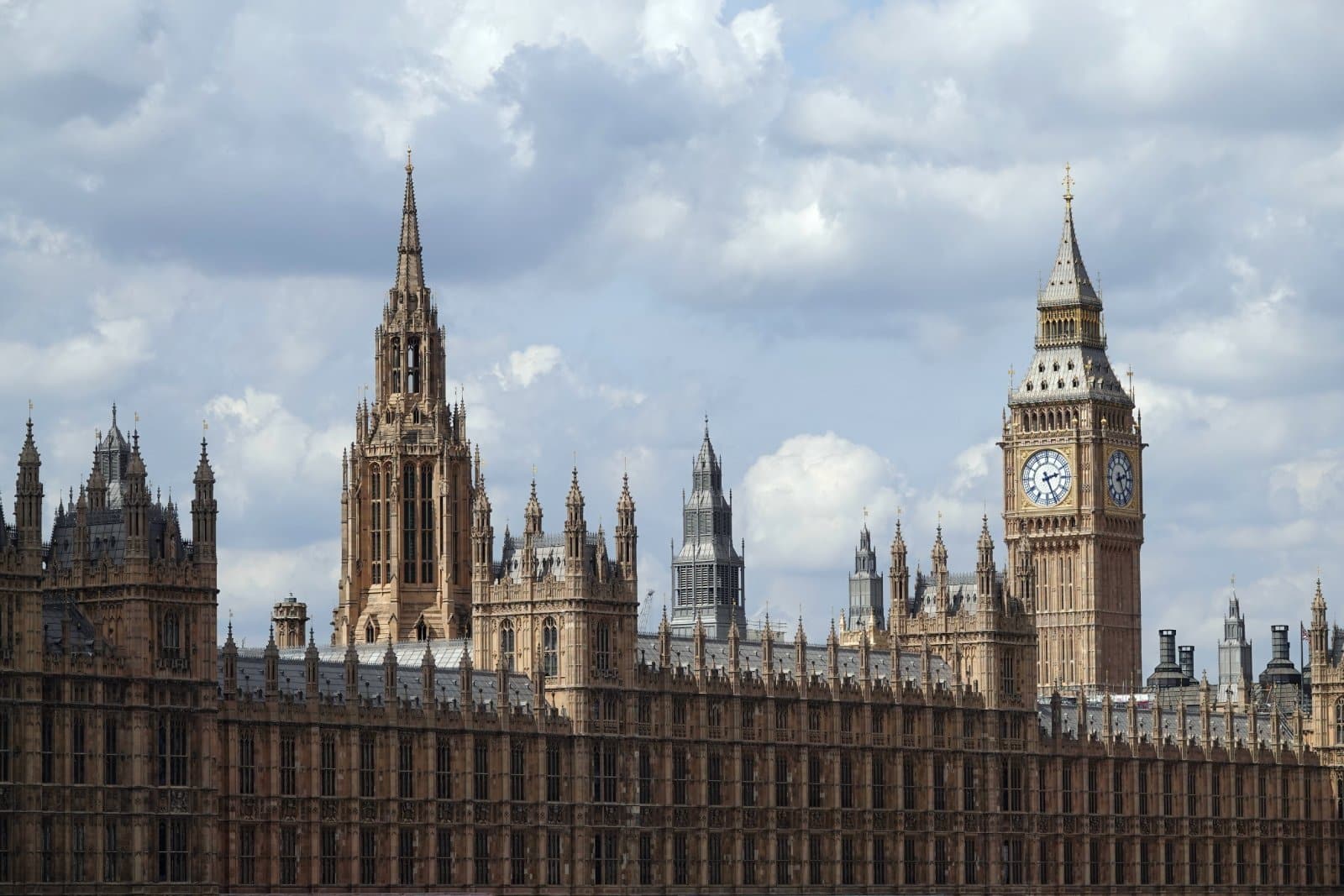
The House of Lords, with its inherited titles and old-world privilege, is increasingly viewed as a relic. In an era demanding democratic reform, its continued existence feels like a nostalgic nod to aristocratic excess.
2. The Traditional Tea Break

The classic tea break, once a beloved daily ritual, is being sacrificed on the altar of productivity. As work demands and digital distractions take over, the simple pleasure of a cuppa is becoming a rare indulgence.
3. Pub Quiz Nights
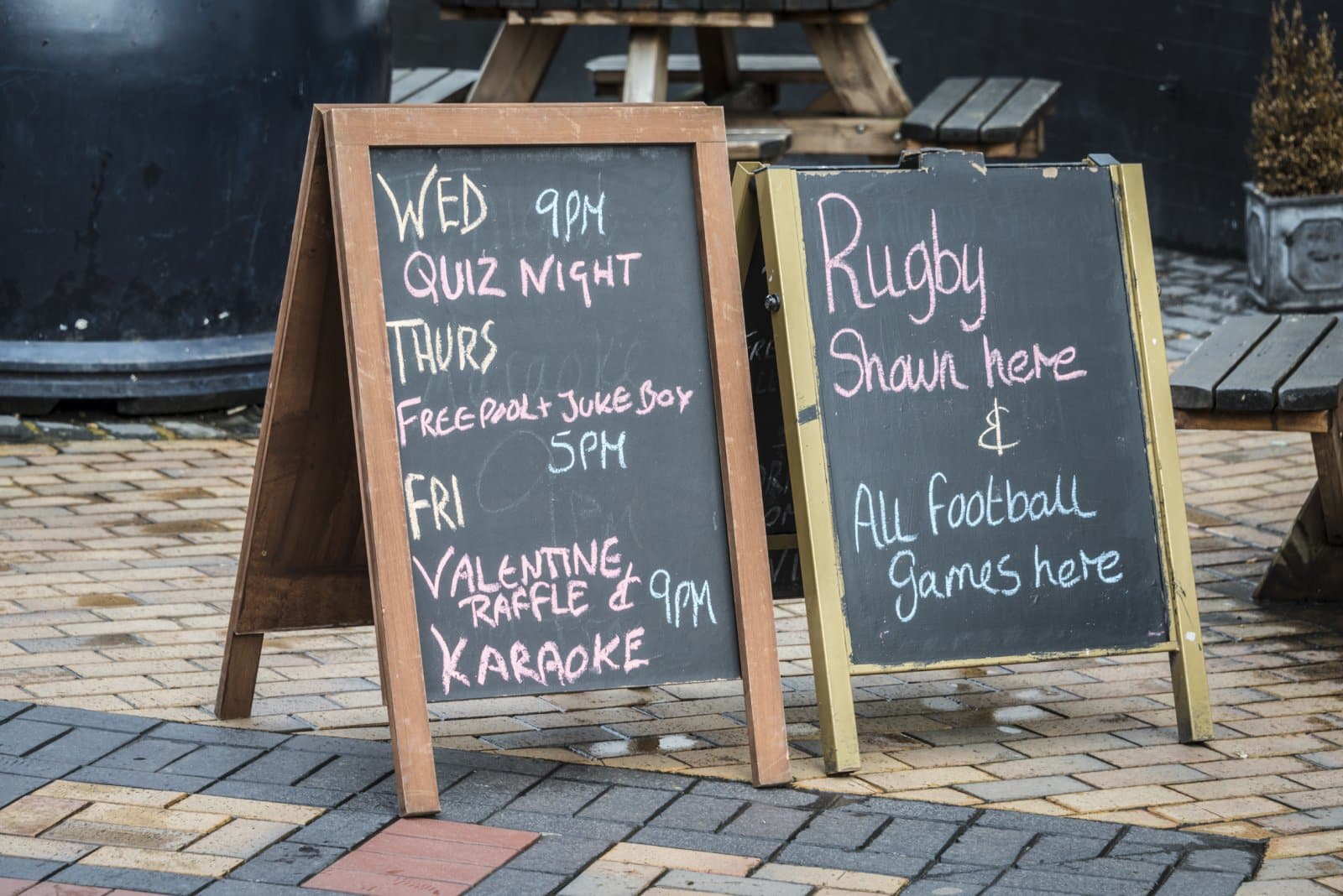
Pub quizzes, once the highlight of many social calendars, are losing their charm in the face of digital entertainment. Online games and streaming services have taken over, leaving the traditional quiz night struggling to attract crowds.
4. High Street Shopping
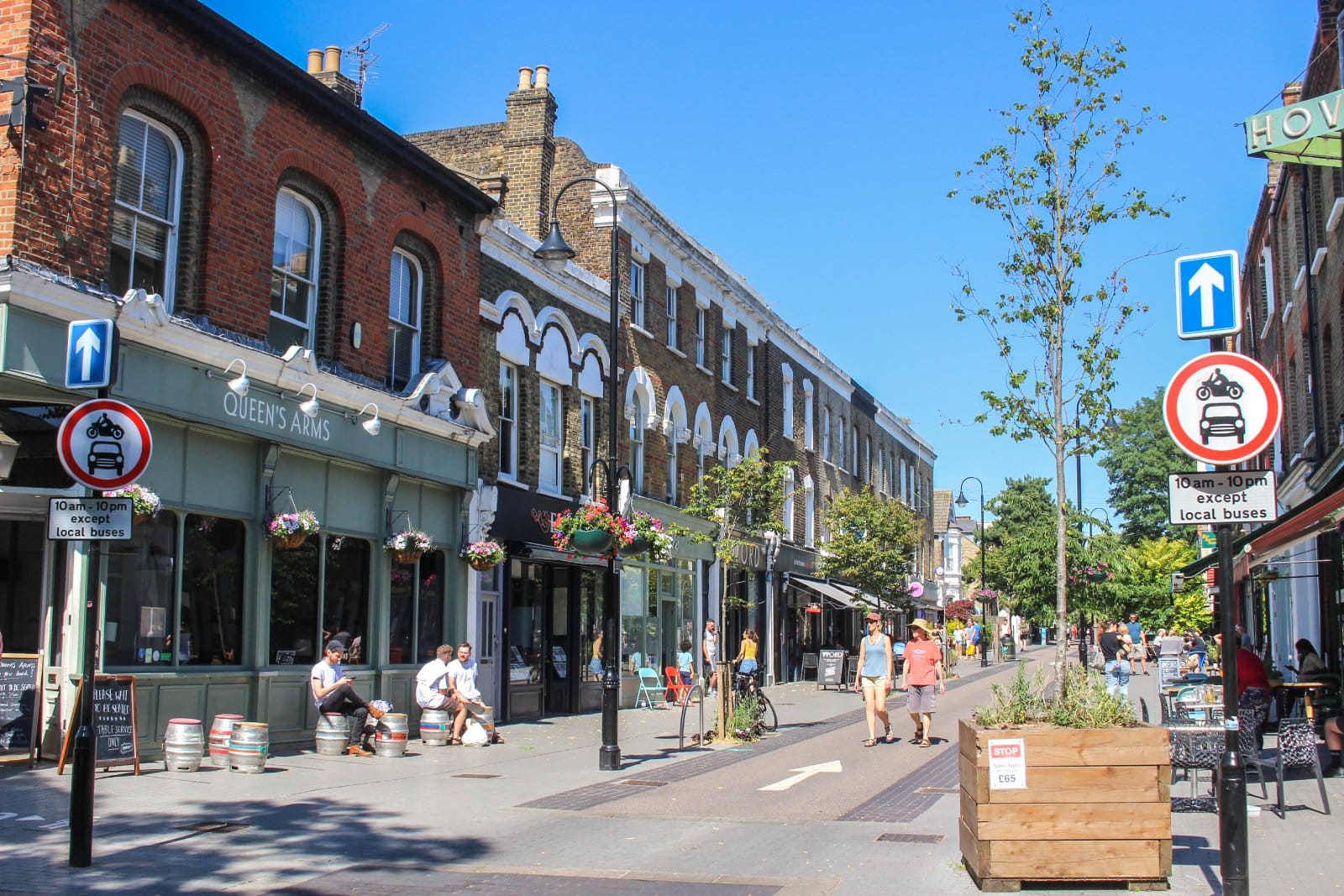
The vibrant British high streets, filled with local shops and markets, are increasingly deserted as online shopping takes over. The once-bustling streets are now quiet, as e-commerce giants dominate.
5. Sunday Roasts

The Sunday roast, a staple of family life, is becoming an occasional treat rather than a weekly tradition. Busy schedules and convenience foods are pushing this beloved ritual to the back burner.
6. Royal Ascot Fashion

The extravagant fashion of Royal Ascot, known for its grand hats and tailcoats, is being overshadowed by a more relaxed dress code. The opulent sartorial spectacle is increasingly losing ground to casual chic.
7. Village Fêtes
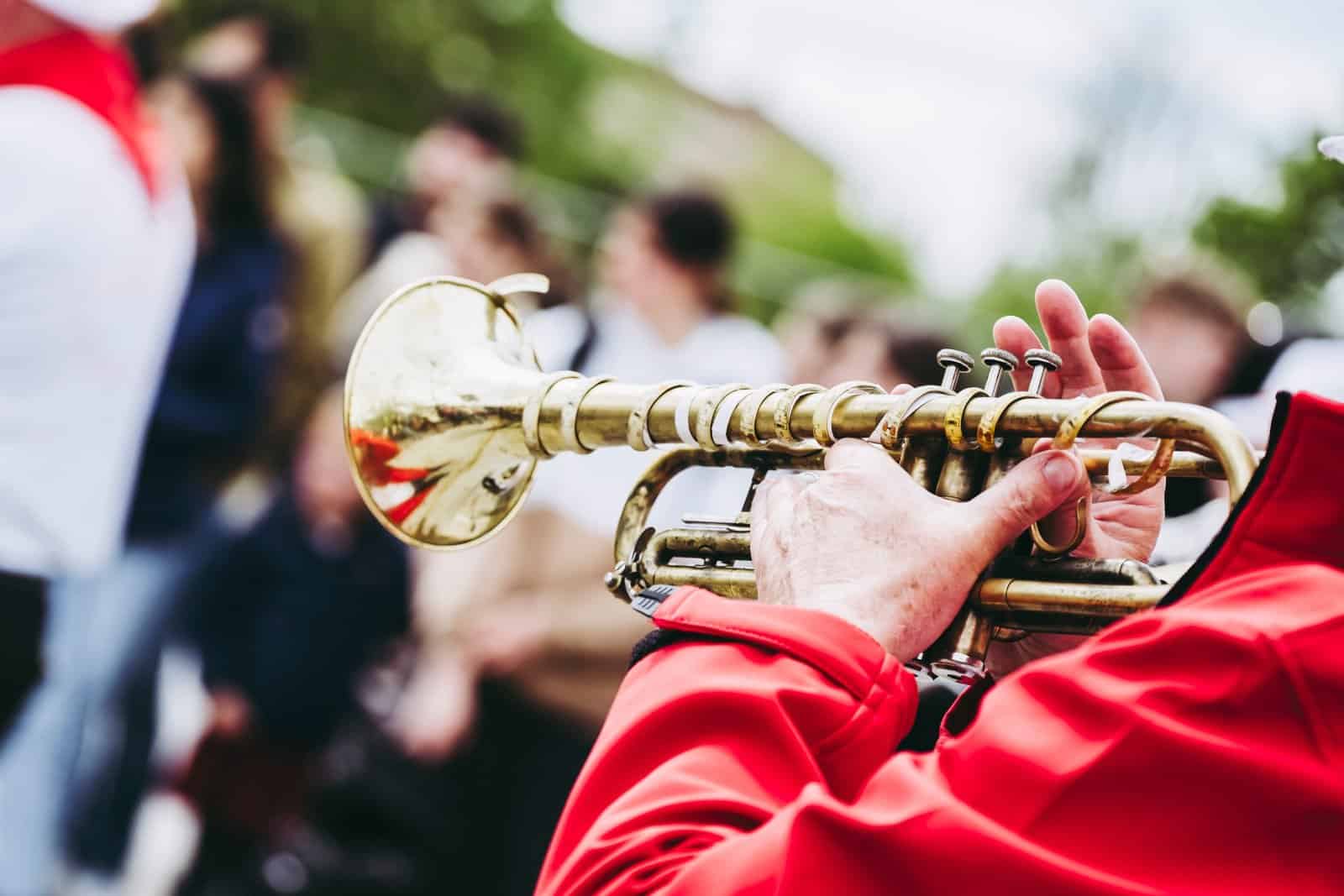
Village fêtes, once the heart of community gatherings with their homemade goods and traditional games, are becoming a rarity. Modern distractions and urban life are overshadowing these charming local events.
8. British Seaside Holidays
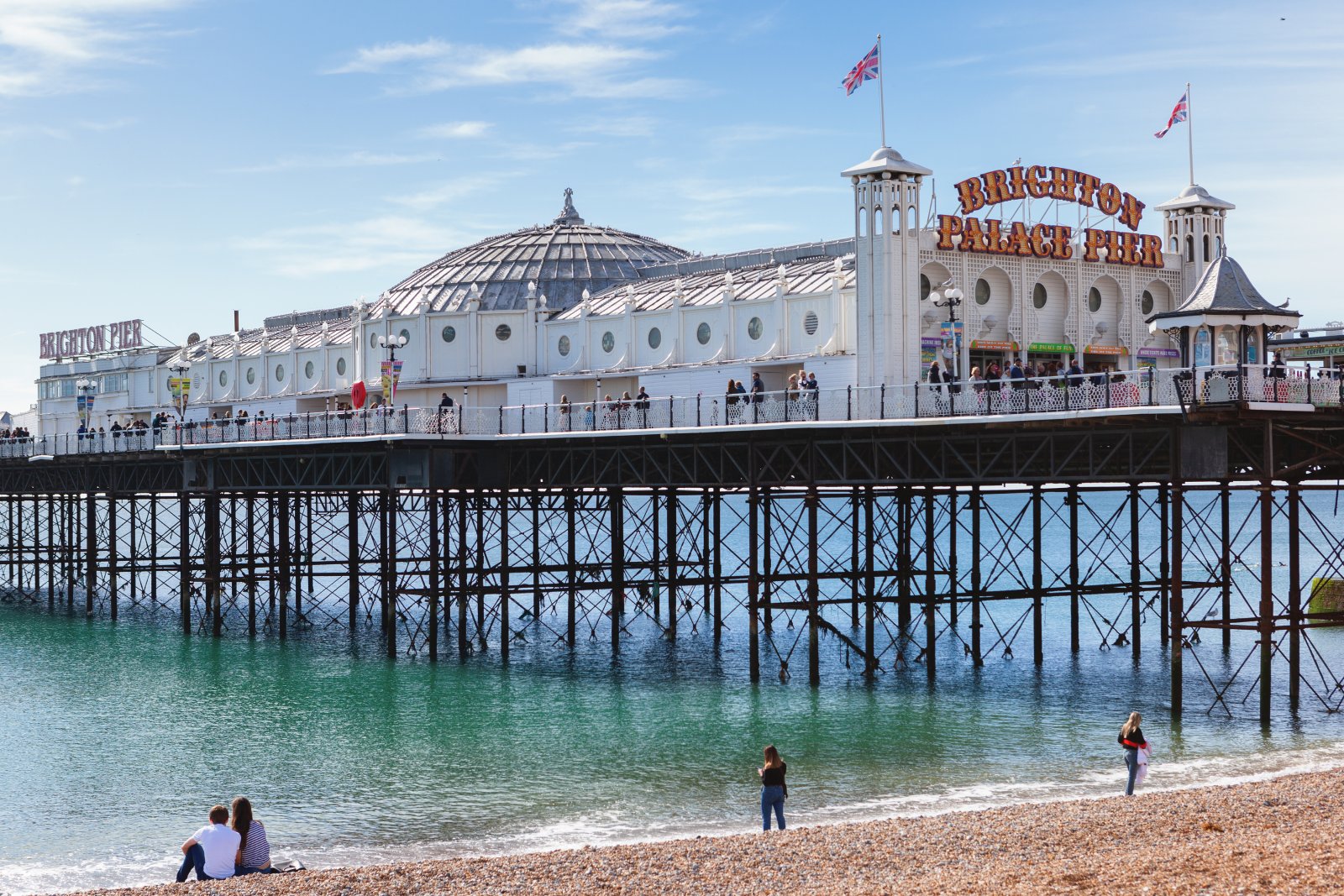
British seaside holidays, once the go-to family getaway, are losing their appeal to cheaper European destinations. The nostalgic charm of the British coast is being replaced by the lure of sunnier shores.
9. The Archers

BBC Radio 4’s “The Archers,” a stalwart of British radio, is struggling as younger audiences turn to digital media. The slow-moving rural drama is increasingly outpaced by the rapid pace of modern entertainment.
10. Formal Dinner Parties

Formal British dinner parties, known for their elaborate settings and strict etiquette, are being replaced by more casual dining experiences. What was once a symbol of refined socialising is now often swapped for informal meals and takeaways.
11. Post Office Queues
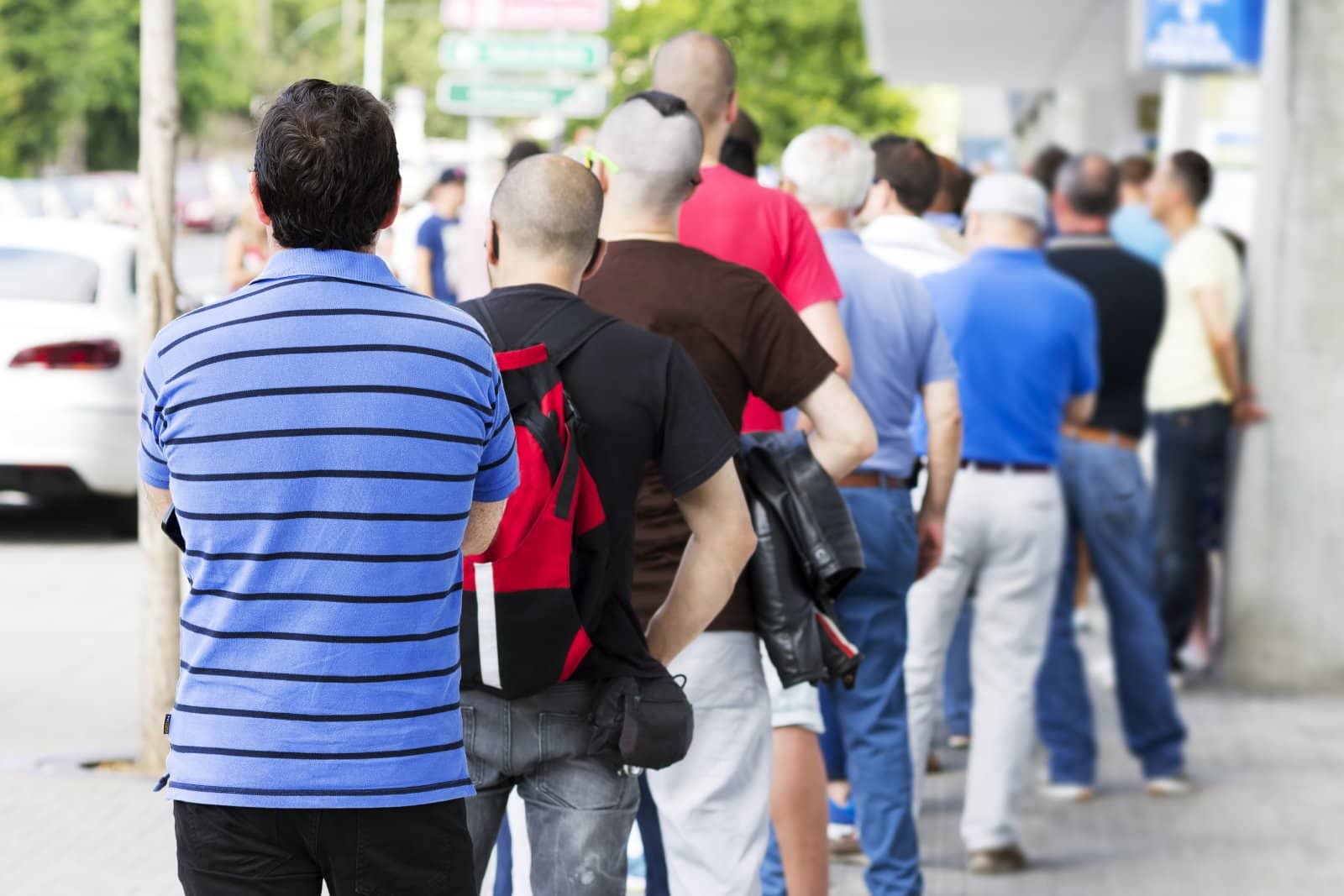
The traditional post office queue, once a familiar sight, is dwindling as more services go digital. The local post office is becoming a rare stop in a world where online transactions dominate.
12. Morris Dancing
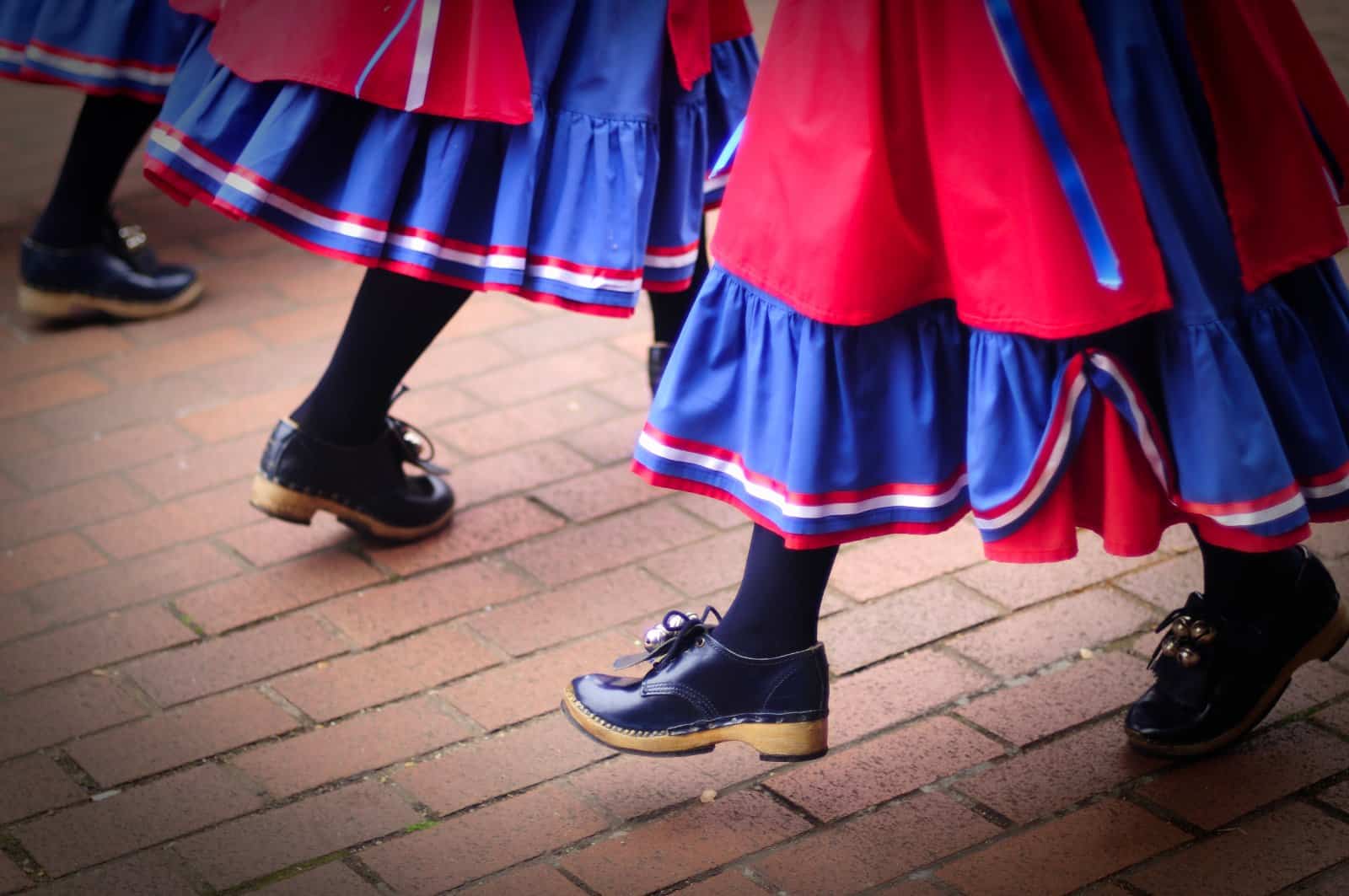
Morris dancing, with its colourful costumes and rhythmic bells, is becoming a niche interest. The folk tradition, once a vibrant part of British culture, struggles to attract new participants.
13. Punch and Judy Shows
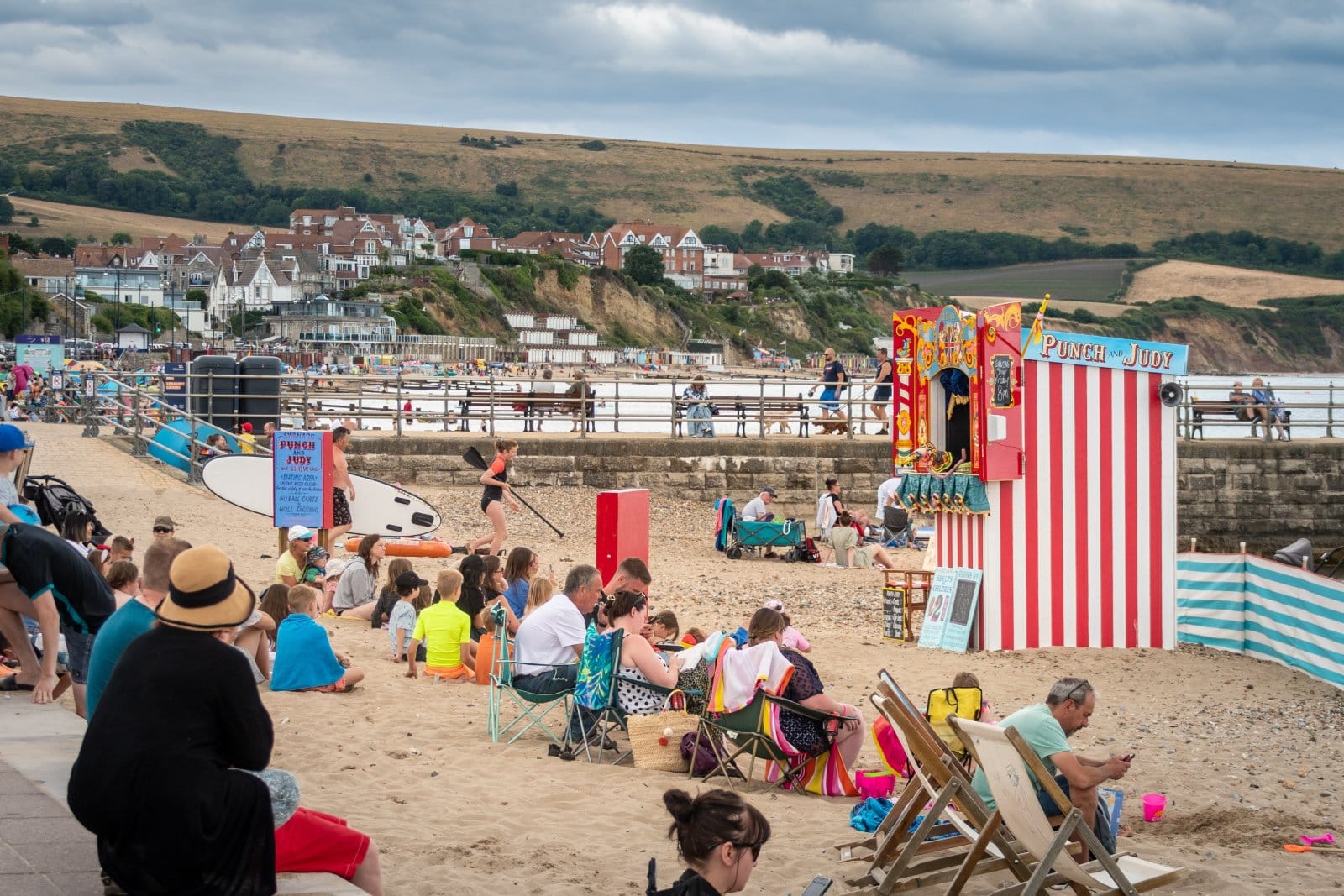
Punch and Judy shows, which once delighted seaside crowds with their slapstick comedy, are now seldom seen. Modern entertainment options have left these traditional puppet shows on the brink of obscurity.
14. British Radio

Traditional British radio, with its diverse local stations and programming, is being eclipsed by digital streaming. The charm of radio’s variety is being replaced by the monotony of curated playlists.
15. Christmas Pantomimes

Christmas pantomimes, with their exaggerated performances and audience participation, are losing out to the streaming revolution. The once-popular holiday entertainment is becoming less common in the face of on-demand options.
16. Classic British Sweets
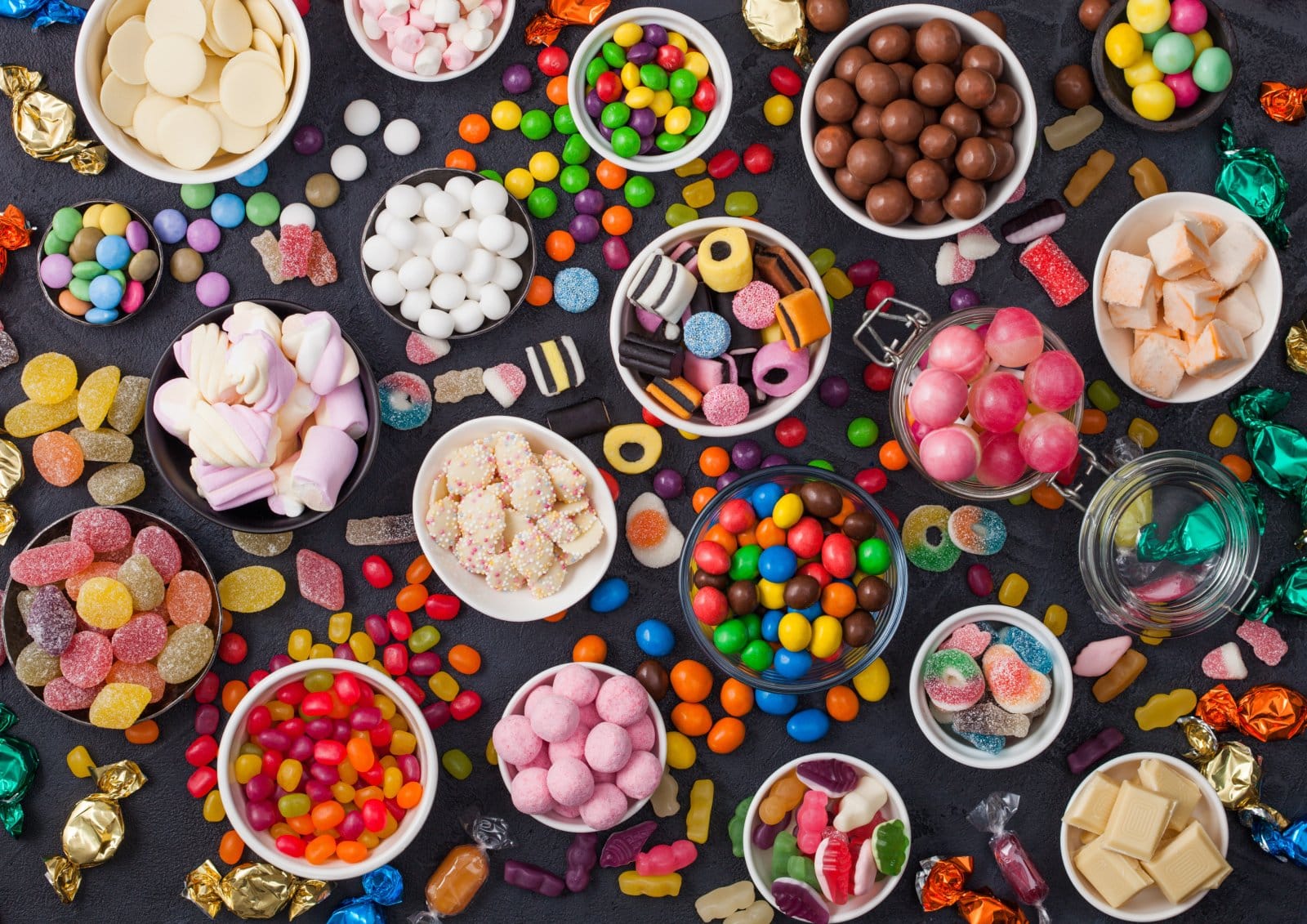
Classic British sweets like Black Jacks and Liquorice Allsorts are being overshadowed by international candy. The nostalgic appeal of these treats is fading as global sweets take over the confectionery aisle.
17. Post-War Housing Estates
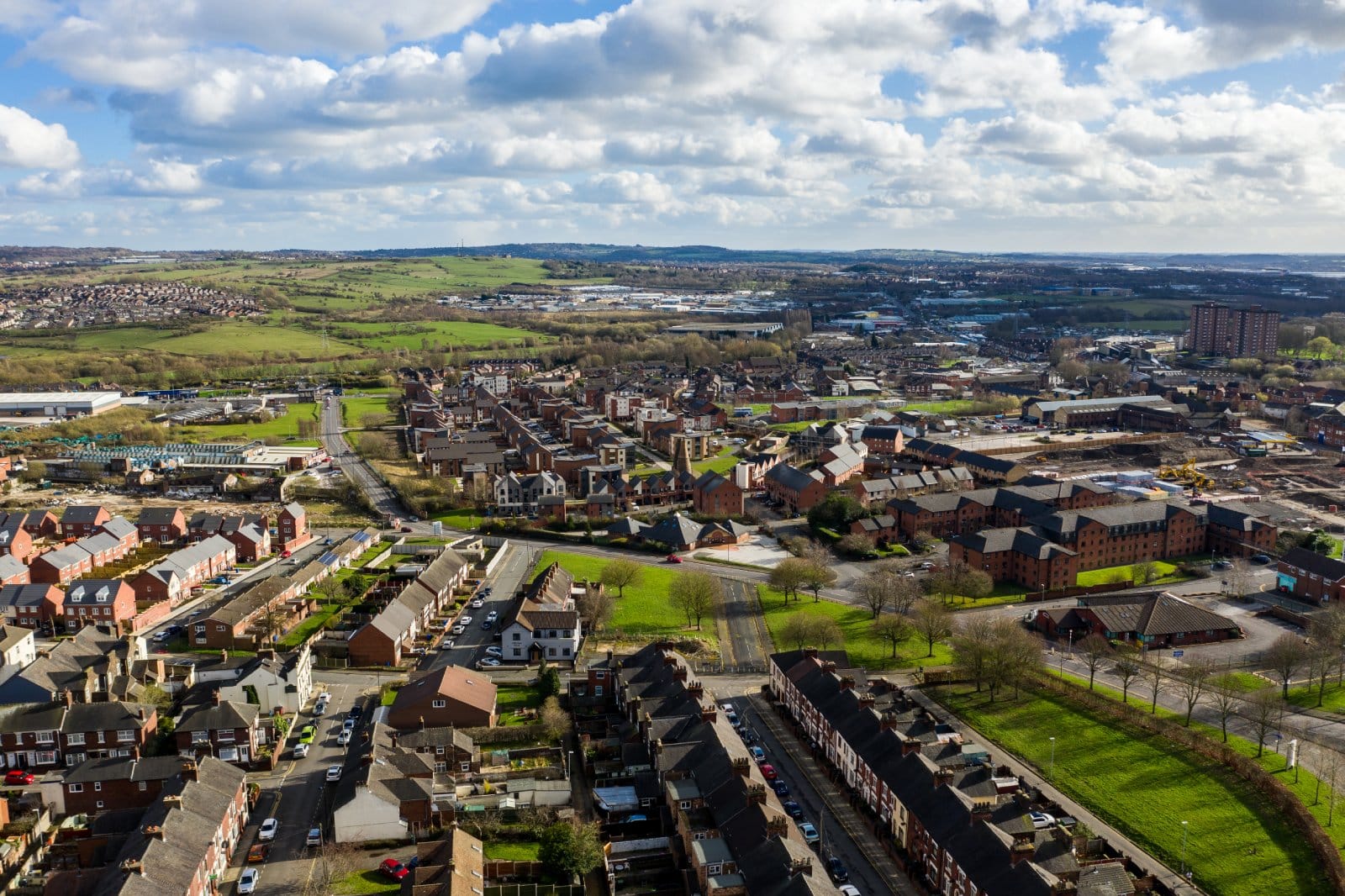
Post-war housing estates, once symbols of community spirit, are being replaced by modern developments. The uniformity of these estates is giving way to more diverse and contemporary architectural styles.
18. School Uniforms
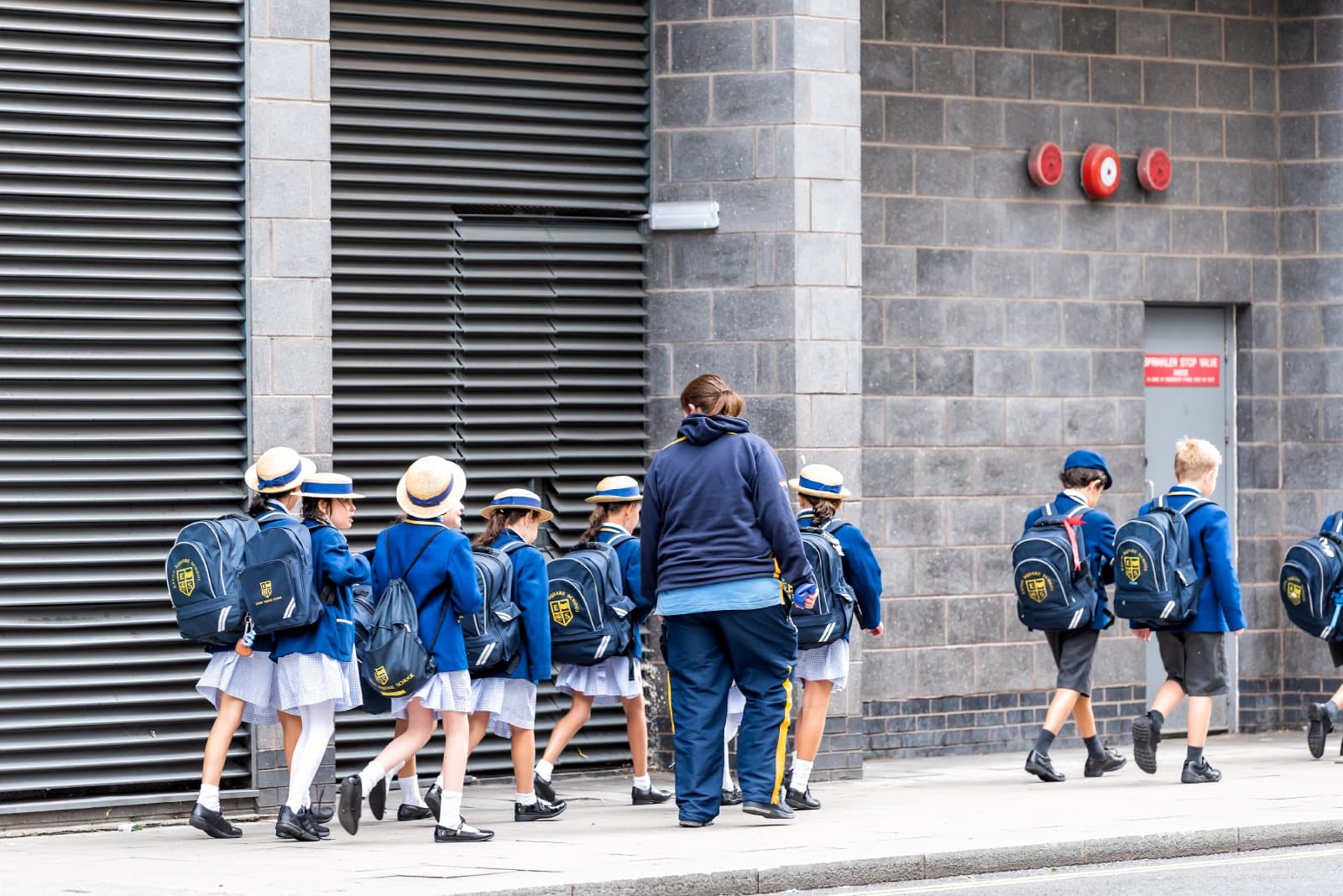
Traditional British school uniforms, with their blazers and caps, are increasingly being replaced by more relaxed dress codes. The once-strict sartorial standards are being seen as outdated in today’s casual educational environment.
19. Local Butchers
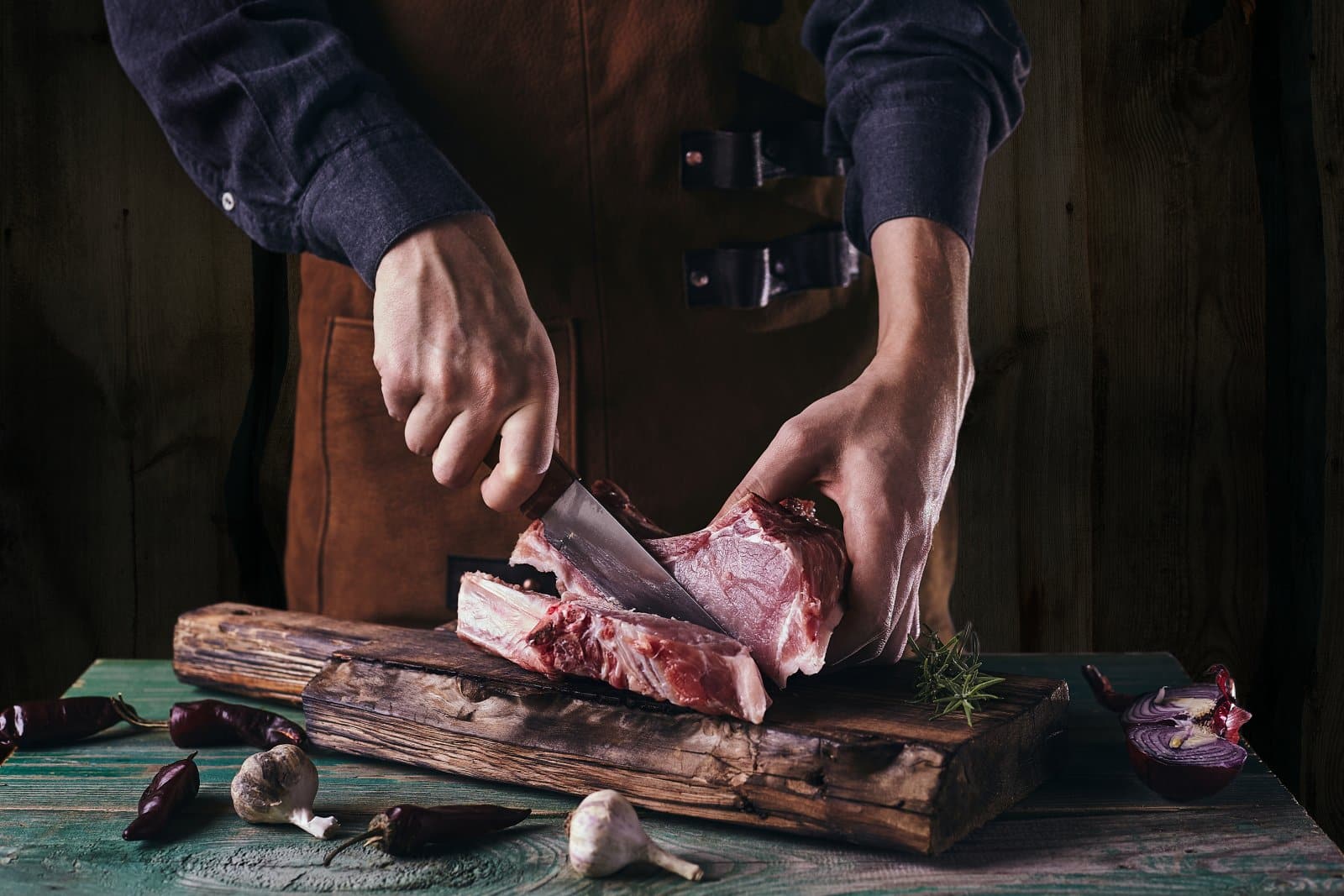
Local butchers, known for their personal service and custom cuts, are struggling against the convenience of supermarket meat counters. The traditional butcher shop is becoming a rarity as supermarkets dominate.
From Old-Fashioned to Obsolete: Are We Losing Our Traditions?
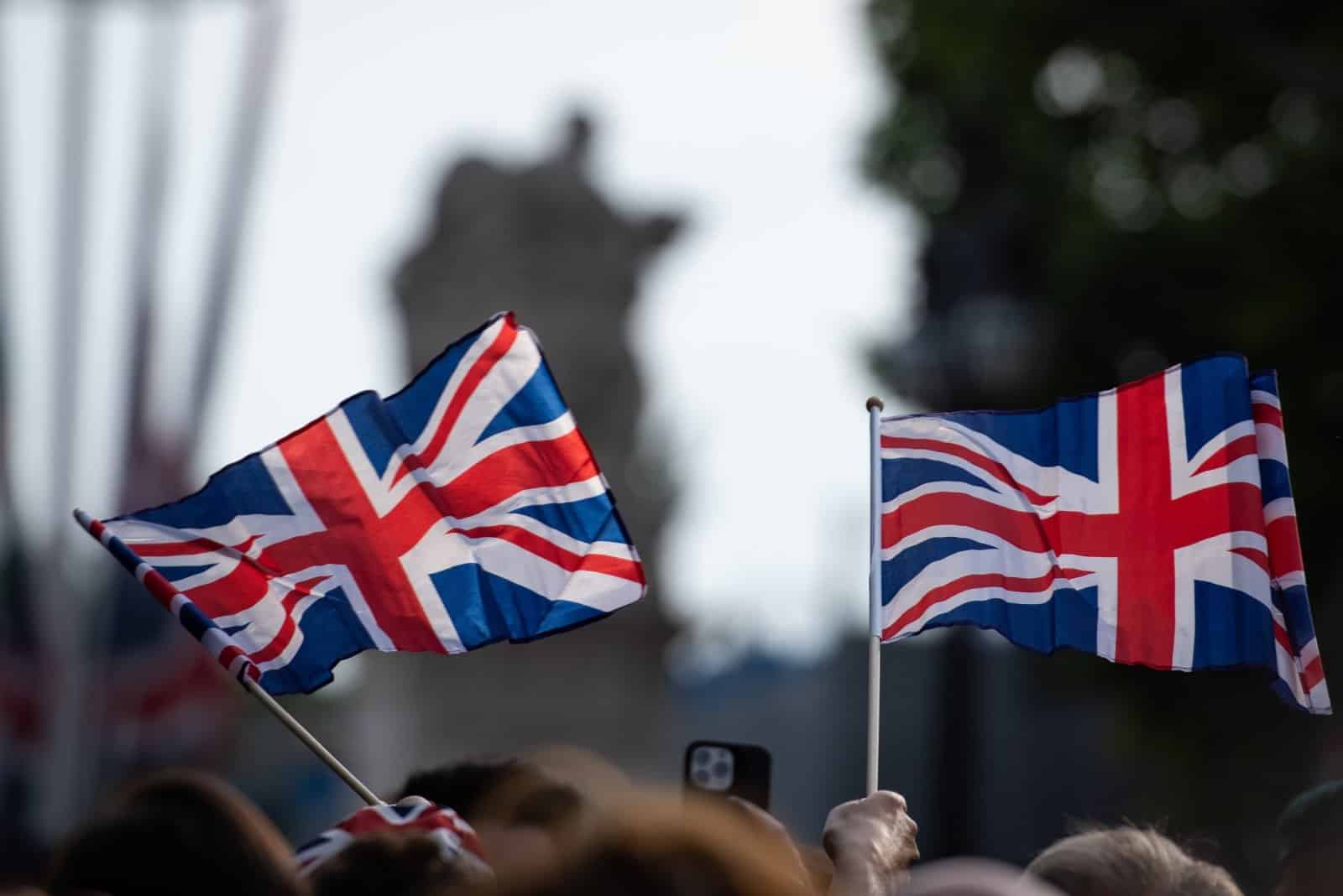
As Britain trades its cherished customs for modern conveniences, there’s a palpable sense of loss. Whether we mourn the passing of these traditions or accept them as inevitable, one thing is clear: the old ways are slipping away, and the new ones are here to stay.
The Great Escape: Wealthy Brits Flee to Dodge Labour Taxes

As the UK prepares for potential tax reforms, the wealthy flee in droves to avoid paying their fair share, sparking a contentious debate over tax avoidance and economic unfairness. Here’s the full story. The Great Escape: Wealthy Brits Flee to Dodge Labour Taxes
20 Signs Millennials Are Rejecting the UK’s Woke Culture

Are Millennials across the UK starting to question the pervasive ‘woke’ culture? As they navigate an increasingly complex social and economic landscape, many are seeking more practical, nuanced approaches. 20 Signs Millennials Are Rejecting the UK’s Woke Culture
New Era: Labour Enforces Strict Immigration Control With Deportations and Convictions

More than 40 criminals and migrants are sent back to Vietnam and Timor-Leste. It’s a victory as a UK-based criminal gang is sentenced. Here’s the story. New Era: Labour Enforces Strict Immigration Control With Deportations and Convictions
Featured Image Credit: Shutterstock / Lana Yatsyuk.
The images used are for illustrative purposes only and may not represent the actual people or places mentioned in the article.

